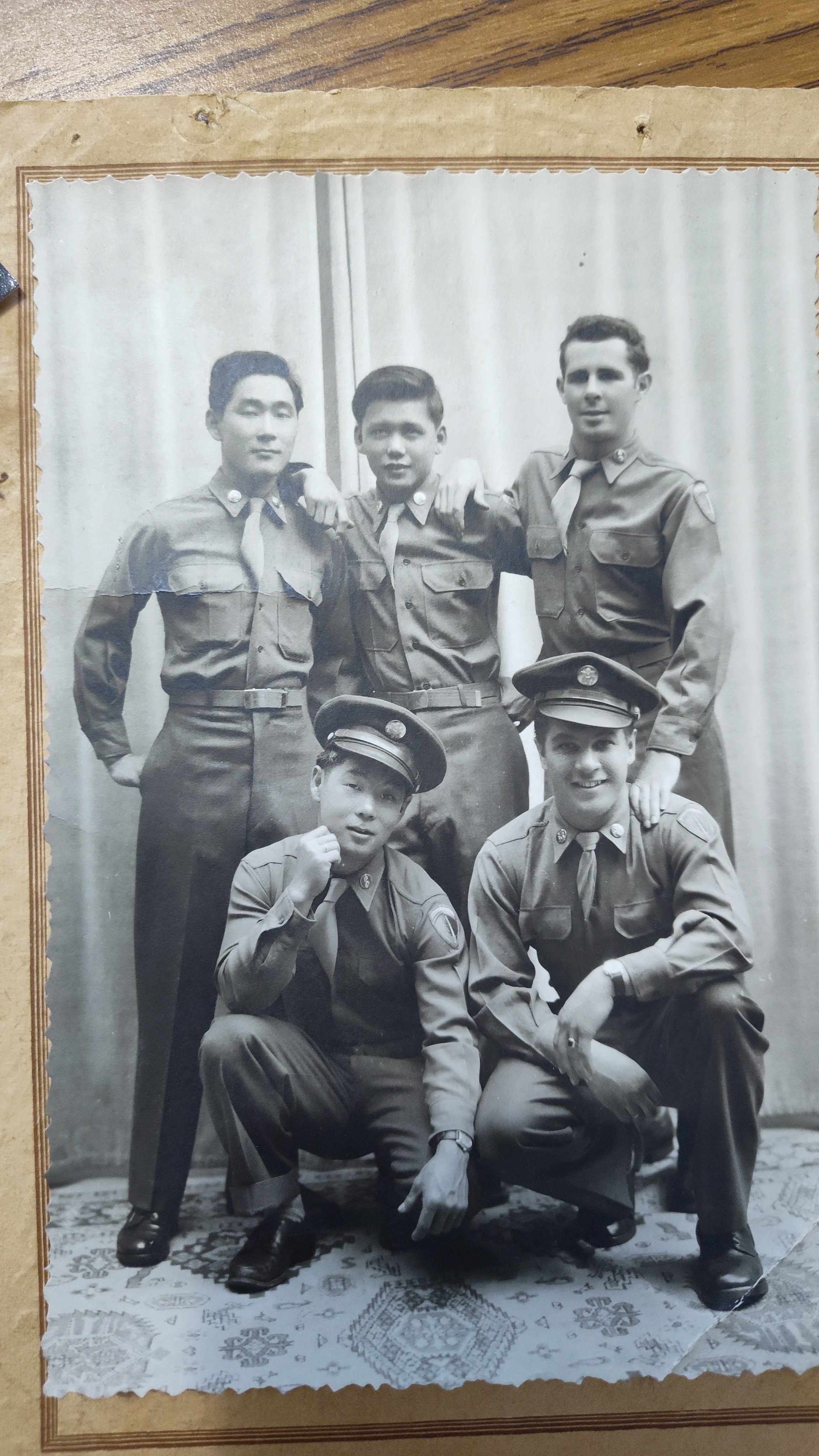this post was submitted on 10 Aug 2024
96 points (100.0% liked)
HistoryPorn
4847 readers
262 users here now
If you would like to become a mod in this community, kindly PM the mod.
Relive the Past in Jaw-Dropping Detail!
HistoryPorn is for photographs (or, if it can be found, film) of the past, recent or distant! Give us a little snapshot of history!
Rules
- Be respectful and inclusive.
- No harassment, hate speech, or trolling.
- Engage in constructive discussions.
- Share relevant content.
- Follow guidelines and moderators' instructions.
- Use appropriate language and tone.
- Report violations.
- Foster a continuous learning environment.
- No genocide or atrocity denialism.
Pictures of old artifacts and museum pieces should go to History Artifacts
Illustrations and paintings should go to History Drawings
Related Communities:
founded 1 year ago
MODERATORS
you are viewing a single comment's thread
view the rest of the comments
view the rest of the comments

Internment was a bit complicated, but my understanding is that the US army wouldn't turn away young Japanese-American men who were willing to fight in Europe.
There was also a secret program where second generation men served as translators for US naval intelligence in the Pacific. They translated intercepted messages and assisted with prisoner interrogations. They were also in very real danger of being mistaken by the enemy by US or allied troops. The existence of this program was only revealed in the 1980s. If anyone is interested, google "Nisei linguists" or check out these references
https://www.nps.gov/goga/blogs/nisei-linguists-in-world-war-ii.htm
https://history.army.mil/html/books/nisei_linguists/CMH_70-99-1.pdf
Japanese-Americans (and Korean-Americans as 'enemy nationals') largely served in segregated units during the war, unlike other Asian-Americans.
Go for broke, 442nd!